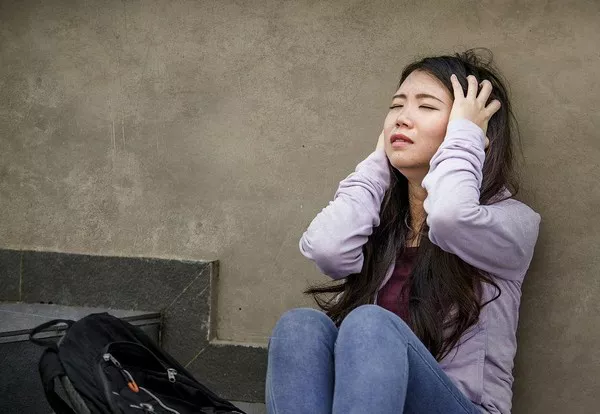The University of Virginia (UVA) is stepping up its efforts to assist parents and caregivers in supporting teenagers and young adults struggling with mental health issues. A conference held today provided a platform for parents to express their concerns while also gaining insights into how best to help their children during challenging times.
“It’s important to remember that it takes a village to help teenagers,” said Dr. Susan Gray, Medical Director of the Teen and Young Adult Health Center at UVA. The university is focusing on improving mental health outcomes for teens and young adults by addressing the specific challenges they face.
Dr. Mary Sullivan, an Outreach Specialist at UVA’s Teen and Young Adult Health Center, emphasized that young people are more resilient and resourceful than often acknowledged. “We want to move away from negative stereotypes and stop pathologizing teens,” Sullivan said, highlighting the center’s mission to empower rather than stigmatize young individuals.
Navigating the complexities of adolescent mental health can be difficult, but experts at the conference suggested that one crucial step is simply listening to young people. “There’s an idea that teenagers aren’t worth listening to, but we strongly disagree,” said Sullivan. “The ethos of our clinic is to listen.” By truly hearing their concerns, parents can better understand their children’s struggles and provide the support they need.
A major focus of the conference was the impact of social media and smartphones on teenagers’ mental well-being. Experts warned that, if not properly monitored, these platforms can exacerbate mental health challenges. Dr. Gray suggested that parents learn from their teenagers when it comes to understanding the pressures they face. “Let the teenager be the one to educate the adult about the kinds of stresses they are feeling,” Gray advised.
Dr. Gray also cautioned against overly strict phone restrictions, which can lead teens to find workarounds. Instead, she recommended setting reasonable limits on screen time to promote healthier habits. “It’s about limiting dangerous use and encouraging connections with real-life people to make phone use more positive,” she said.
Although every teenager is different, Dr. Gray believes that the effort to understand and support them is half the battle. “Face-to-face presence is so important for their development,” she said. “It only takes one caring adult to positively impact a young person’s life.”
The conference emphasized that by engaging in open communication, fostering empathy, and offering balanced guidance, parents can make a significant difference in the mental health and overall well-being of their teenagers and young adults.
Related topics:





























